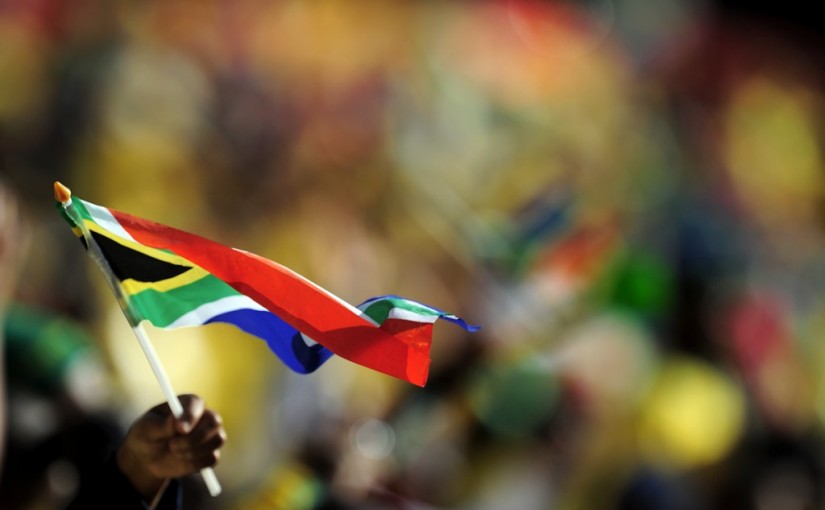Malawians head to polls in economic despair
Is SA really Africa’s biggest economy?

It is too close to make a call on whether South Africa toppled Nigeria to claim the fancy status of the largest economy in Africa, according to KPMG senior economist Christie Viljoen.
Viljoen told Fin24 it will “come down to the GDP numbers released by the relevant statistics agencies over the next few weeks”.
It was widely reported that SA had overtaken Nigeria as Africa’s biggest economy in dollar terms owing to the strengthening of the rand rally and the devaluation of the naira in June 2016.
Calculating the GDP numbers using last year’s IMF figures and this year’s currency exchange numbers, shows that the South Africa’s economy is worth around $301bn and Nigeria $296bn, according to the International Monetary Fund’s (IMF) World Economic Outlook (WEO) released in April.
However, KPMG is casting doubt on these calculations saying that it is methodologically incorrect.
“The reported US dollar estimates are based on GDP data from the end of 2015, while the exchange rate readings are from August 2016. The time difference between the two data points makes these calculations spurious at best and not really a reliable indicator of recent developments.”
It noted that in order to reflect the impact of the naira devaluation and the rand’s recovery on comparable GDP estimates, a calculation would need to be made based on GDP data for the second quarter of 2016.
Viljoen said the 2016Q2 GDP reports from South Africa and Nigeria will reflect stagnant economies. “From an exchange rate perspective, the naira ended the period notably weaker while the rand was quite stronger.”
He explained to Fin24 that each country’s statistics agency or central bank is tasked with calculating local GDP numbers. The IMF then collects this data and uses it in its own database and forecasts.
To determine the biggest economy in Africa, Viljoen said each country’s GDP is calculated in local currency terms.
“This is then divided by the relevant exchange rate to attain a US dollar estimate of each country’s GDP, which is then comparable across countries for a given year.”
South Africa, Nigeria and Egypt will over the coming month release their 2016Q2 GDP reports and then we will have more clarity on this.
South After lost the title as Africa’s largest economy in 2014 after Nigeria rebased its GDP. The country then moved down to third place at the end of 2015 largely due to its weakened currency as Egypt ranked in second position.
These rankings however do not mean much for the average person.
“For the man in the street it does not really influence their general wellbeing, income prospects, safety or wealth,” said Viljoen. “For the country as a whole, it is a positive influence in terms of foreign investment and international standing.”












Leave a Reply
Be the First to Comment!
You must be logged in to post a comment.
You must be logged in to post a comment.